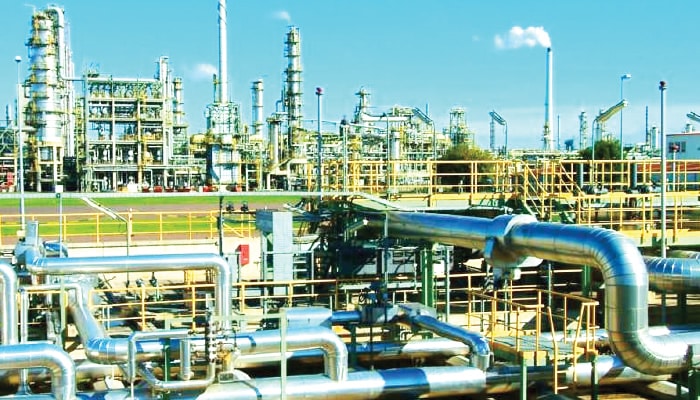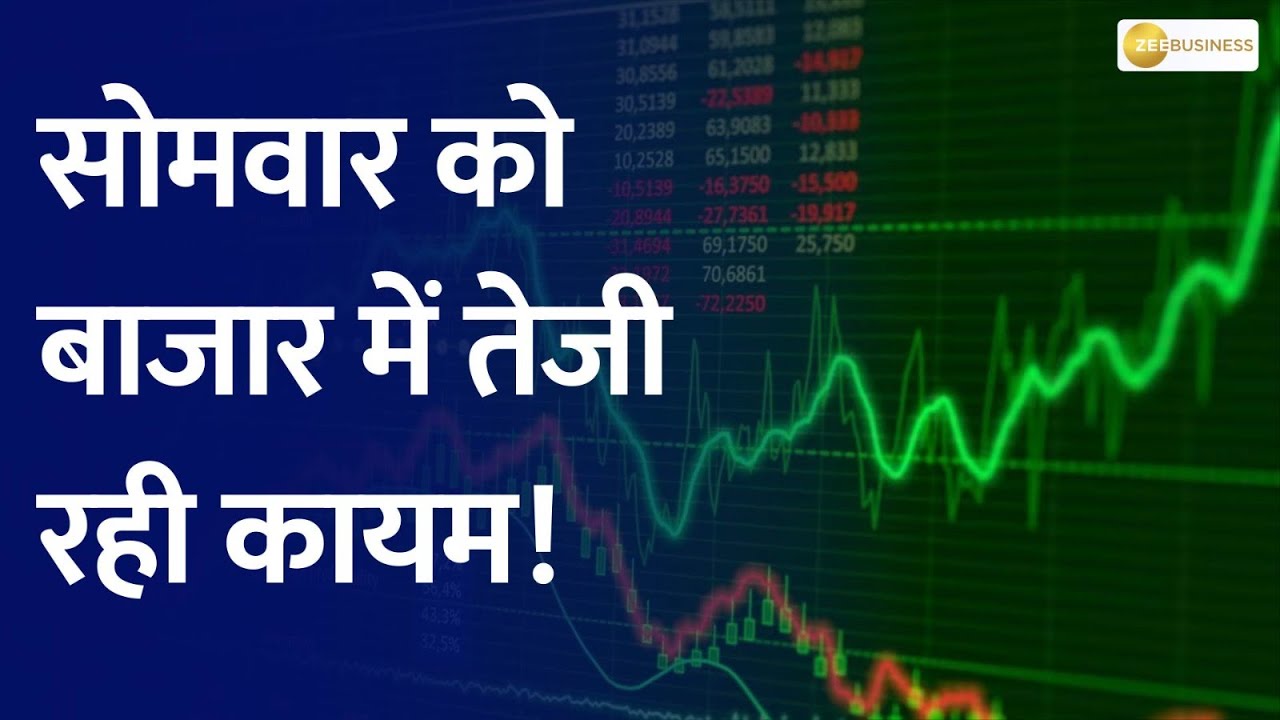The Future Of Petrol Pricing: NNPC, Dangote, And Market Dynamics

Table of Contents
H2: The NNPC's Role in Petrol Pricing
The NNPC has historically played a dominant role in Nigeria's petrol market, influencing pricing significantly. Understanding its continued involvement is crucial to predicting the future of petrol pricing.
H3: Subsidies and Their Impact
For years, Nigeria has maintained a petrol subsidy regime, aiming to keep prices artificially low. This has had significant economic consequences.
- Pros of Subsidies: Short-term affordability for consumers, social stability.
- Cons of Subsidies: Huge budgetary burden, inefficient resource allocation, potential for corruption.
The future of subsidies remains uncertain. The government faces increasing pressure to remove them due to their substantial cost, diverting funds from other critical sectors. Potential scenarios include gradual removal, targeted subsidies for vulnerable populations, or complete abolishment. The NNPC's role in managing these subsidies, and the potential transition away from them, is paramount to understanding future pricing. For example, in 2022, the cost of petrol subsidies was estimated at [insert relevant data and statistics on subsidy costs – source needed]. Removing these subsidies could lead to a significant price increase in the short term.
H3: NNPC's Pricing Power and Market Share
The NNPC currently holds a significant market share in the downstream sector. This gives it considerable influence over petrol prices. However, ongoing reforms aim to reduce its dominance and increase private sector participation. These reforms might include:
- Further privatization efforts, potentially leading to increased competition.
- Deregulation of the downstream sector, allowing market forces to determine prices more freely.
The success of these reforms will directly impact the NNPC’s pricing power and, consequently, the future of petrol pricing in Nigeria. [Insert data on NNPC's current market share – source needed]. A decrease in NNPC's market share could signify a move towards a more competitive market.
H2: The Dangote Refinery's Potential Impact
The completion and operation of the Dangote Refinery represent a significant turning point for Nigeria's petrol market. Its massive capacity promises to reshape the landscape considerably.
H3: Increased Domestic Refining Capacity
The Dangote Refinery, with its projected [insert refinery's production capacity] barrels per day capacity, will significantly increase Nigeria's domestic refining capacity. This will:
- Reduce Nigeria's reliance on imported petrol, thus mitigating the impact of global price fluctuations.
- Introduce a major competitor to the NNPC, potentially fostering a more competitive market.
This increased domestic supply could lead to lower prices, improved fuel security, and reduced foreign exchange expenditure.
H3: Price Competition and Market Dynamics
Once fully operational, the Dangote Refinery is expected to intensify competition within the Nigerian petrol market. This could lead to:
- Price wars, benefiting consumers through lower petrol prices.
- Increased investment in the downstream sector, attracting further private sector participation.
- Potential challenges related to market saturation if demand doesn't keep pace with increased supply.
The interplay between the NNPC and the Dangote Refinery will be crucial in determining the final impact on petrol prices.
H2: Global Market Dynamics and Their Influence
Nigeria's petrol pricing is also heavily influenced by global market dynamics, beyond the actions of domestic players.
H3: Crude Oil Prices
International crude oil prices are a major driver of petrol prices in Nigeria. There's a strong correlation between the two:
- An increase in global crude oil prices typically translates to higher petrol prices in Nigeria.
- The influence of OPEC (Organization of the Petroleum Exporting Countries) and other international oil organizations significantly impacts global supply and demand, and subsequently Nigerian petrol prices.
Analyzing historical data and charting price fluctuations is vital to understanding the relationship and predicting future price movements. [Include relevant data and charts showing price fluctuations – source needed].
H3: Geopolitical Factors and Supply Chain Disruptions
Geopolitical instability and supply chain disruptions can significantly impact petrol prices in Nigeria.
- Global conflicts or sanctions can restrict crude oil supply, leading to higher prices.
- Supply chain bottlenecks can disrupt the flow of refined petroleum products, creating shortages and price increases.
- The push for renewable energy sources and climate change policies also influence global energy markets and therefore impact petrol pricing.
Diversifying energy sources and strengthening supply chain resilience is crucial to mitigating the impact of such disruptions.
3. Conclusion
The future of petrol pricing in Nigeria is complex, influenced by the interplay of several factors. The NNPC's evolving role, the entry of the Dangote Refinery, and the ever-changing global energy market will all shape the price consumers pay at the pump. While the Dangote Refinery promises increased competition and potential price reductions, the removal of subsidies and the influence of global crude oil prices introduce significant uncertainties. A more competitive market is likely, leading to potentially lower prices for consumers, but careful policy management and a resilient supply chain are crucial to ensure stability.
To stay informed about the evolving dynamics of petrol pricing in Nigeria, continue to follow industry news and engage in discussions around the future of petrol pricing. This ongoing conversation is vital to understanding the challenges and opportunities that lie ahead.

Featured Posts
-
 1078 R5
May 09, 2025
1078 R5
May 09, 2025 -
 Vegas Golden Knights Face Hertl Absence After Lightning Hit
May 09, 2025
Vegas Golden Knights Face Hertl Absence After Lightning Hit
May 09, 2025 -
 Pre May 5th Palantir Stock Analysis Buy Sell Or Hold
May 09, 2025
Pre May 5th Palantir Stock Analysis Buy Sell Or Hold
May 09, 2025 -
 Betting On The Oilers Kings Series Odds And Expert Analysis
May 09, 2025
Betting On The Oilers Kings Series Odds And Expert Analysis
May 09, 2025 -
 Dijon Violente Agression Au Lac Kir Trois Hommes Blesses
May 09, 2025
Dijon Violente Agression Au Lac Kir Trois Hommes Blesses
May 09, 2025
Latest Posts
-
 The Impact Of Metas 168 Million Whats App Spyware Settlement
May 10, 2025
The Impact Of Metas 168 Million Whats App Spyware Settlement
May 10, 2025 -
 Whats App Spyware Litigation Metas 168 Million Penalty And Ongoing Challenges
May 10, 2025
Whats App Spyware Litigation Metas 168 Million Penalty And Ongoing Challenges
May 10, 2025 -
 Metas 168 Million Payment In Whats App Spyware Case A Turning Point
May 10, 2025
Metas 168 Million Payment In Whats App Spyware Case A Turning Point
May 10, 2025 -
 The Whats App Spyware Case Metas 168 Million Loss And What It Means
May 10, 2025
The Whats App Spyware Case Metas 168 Million Loss And What It Means
May 10, 2025 -
 168 Million Judgment Against Meta The Whats App Spyware Case And Its Aftermath
May 10, 2025
168 Million Judgment Against Meta The Whats App Spyware Case And Its Aftermath
May 10, 2025
